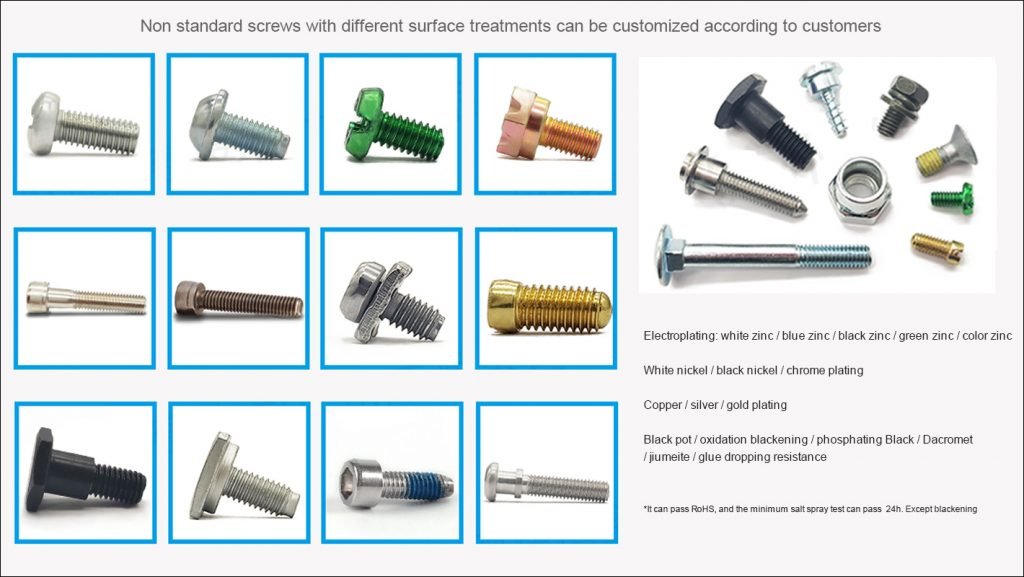Back in the day there were just two options, slotted or Phillips. You picked one, picked a length, and were good to go. But the fastener market has made huge strides over the last few decades, giving DIYers better solutions for keeping stuff together.
Sheet metal or panhead screws are useful, when the fastener does not need to be flush with the material (countersunk). Since the head is wider and the thread extends the entire length (no shank), this type of screw head is excellent for joining wood to other materials, metal included.

Which head?
In the days when a screwdriver was the primary means of inserting screws, the Phillips was king. But now, with most of us using cordless drill/drivers to drive screws—or even dedicated Lithium Ion pocket drivers (which are awesome, by the way), the hardware has developed to prevent bit slippage and stripping of the metal.
Which material?
Here the biggest question is whether the screw is for indoor or outdoor use? Indoors, you can use less expensive zinc screws or the material/coating can be selected for visual appeal. But outdoor screws need protection against corrosion from moisture and temperature change. The best outdoor solutions are silicon-coated bronze or stainless steel.
Which size?
The most important factor in screw selection is length. The general rule of thumb is that the screw should enter at least half the thickness of the bottom material
